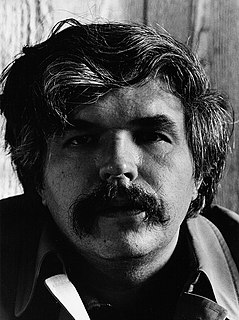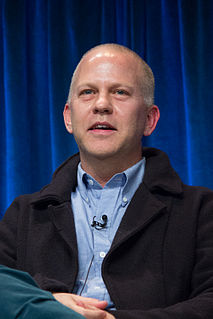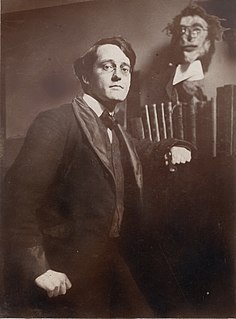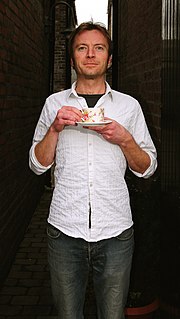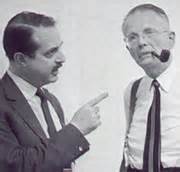A Quote by Rana Daggubati
By logic, it's a handicap. If I shut one eye, I can't see from the other eye. But it is one of those things which I don't think too much about. One needs to have the strength to move forward.
Related Quotes
Imagine an eye unruled by man-made laws of perspective, an eye unprejudiced by compositional logic, an eye which does not respond to the name of everything but which must know each object encountered in life through an adventure of perception. How many colors are there in a field of grass to the crawling baby unaware of ‘Green?’ How many rainbows can light create for the untutored eye?
The great and secret message of the experiential mystics the world over is that, with the eye of contemplation, Spirit can be seen. With the eye of contemplation, the great Within radiantly unfolds. And in all cases, the eye with which you see God is the same eye with which God sees you: the eye of contemplation.
That cactus went right through my eye. It left my eye flat. They took me to a doctor, and he said, 'We'll have to take the eye out.' ...I fought like a tiger. I said, 'No! Leave the eye alone. I am sure it will grow back.' The doctor said, 'You're too young to know.' ...But in a year's time that fluid came back, and that eye is just as good as the other one today.
We know that mathematicians care no more for logic than logicians for mathematics. The two eyes of science are mathematics and logic; the mathematical set puts out the logical eye, the logical set puts out the mathematical eye; each believing that it sees better with one eye than with two. Note that De Morgan, himself, only had sight with only one eye.
Sin is to a nature what blindness is to an eye. The blindness of an evil or defect which is a witness to the fact that the eye was created to see the light and, hence, the very lack of sight is the proof that the eye was meant... to be the one particularly capable of seeing the light. Were it not for this capacity, there would be no reason to think of blindness as a misforture.

